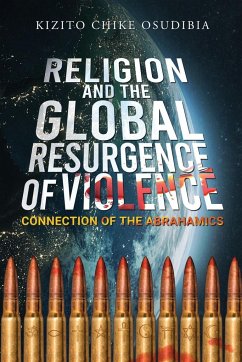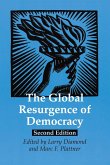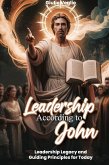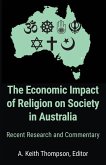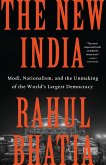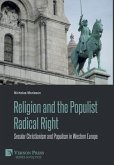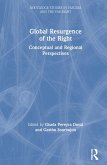The world today is greatly challenged and assaulted by various kinds of violence. The most embarrassing and, perhaps the most easily perpetrated form of violence, is the violence performed in the name of religion. Violence has been used to propagate religious causes; violence has equally been used to maintain the status quo ante; and yet violence pervades all three Abrahamic faiths. Religious violence as seen from this study is both interdenominational and intradenominational, as it is inter-religion. The author of this book argues that this phenomenon is not only depressing, it is a shame. He argues passionately that if the Abrahamic religions, which sadly record the highest cases of violence in the name of religion, can move toward achieving peace intradenominationally and then broker same peace interdenominationally, the sister religions could be at peace among themselves to the end of global terrorism. "As a man always in search for answers, Dr. Kizito Osudibia aims, in this work, to inspire a way of overcoming the iniquitousness of violence in the name of religion. While acknowledging sometimes insignificant elements of violence in the many other religions of the world, the work turns to the monotheistic religions of Judaism, Christianity, and Islam-called here the Abrahamics-to lead the way since they all, look to the same root with Abraham. He recalls how each of the group holds the concept of peace ('shalom," "salam') as important. Urging that the peace, which they wish for, come from the heart, the book turns to the leaders of the Abrahamics to set the pace, which surely their adherents will follow to the betterment of the whole world" (Dr Uju Okeahialam; Colorado, USA). "I must congratulate Dr. Kizito Osudibia in this thought-provoking and innovative publication. Religion and the Global Resurgence of Violence: Connection of the Abrahamics is at well-researched chef d'oeuvre. It is scholarly, original, and above all, it is readable. Whether one agrees with Dr. Osudibia's arguments, in parts or in totality, it would require more than a mere wave of the hand to dismiss the facts, information, and arguments presented herein" (Edward Kim, PhD).
Hinweis: Dieser Artikel kann nur an eine deutsche Lieferadresse ausgeliefert werden.
Hinweis: Dieser Artikel kann nur an eine deutsche Lieferadresse ausgeliefert werden.

